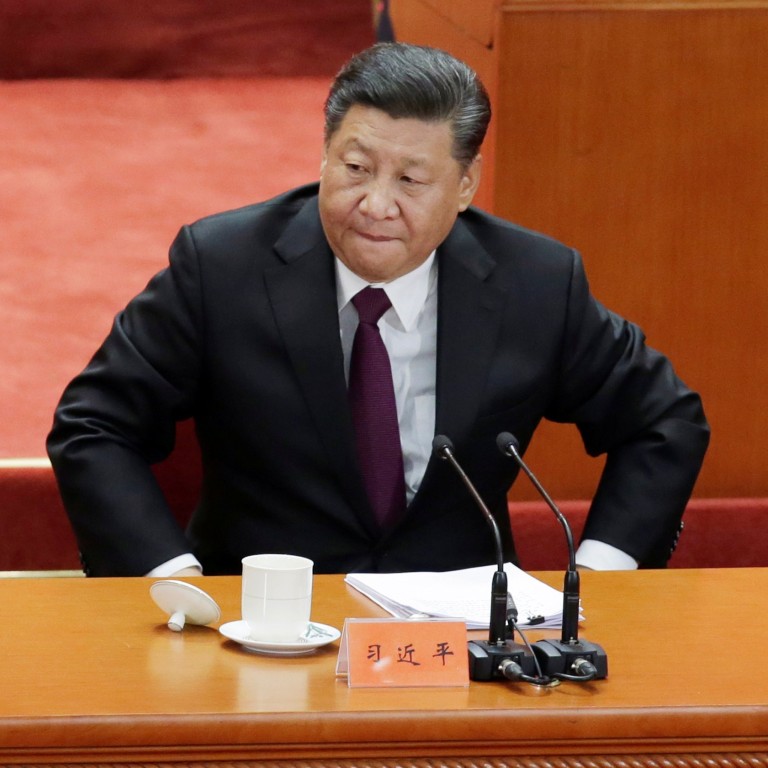
Lessons of past point way ahead for Xi Jinping as opening up goes on
- In his speech marking 40 years of reform, China’s president outlined a two-front approach to the challenges facing the country and the qualities needed to overcome difficulties
Xi Jinping’s speech marking the 40th anniversary of the country’s reform and opening up was one of the most keenly anticipated of his leadership. It may not have met expectations of new policies or directions, or dwelt in detail on economic challenges or touched directly on the trade war with the United States. But that did not detract from his central message, which was about adapting the lessons of 40 years of success under Communist Party leadership to face future challenges – and [even] “unimaginable” perils, which he did not elaborate on.
The principal lesson was that the country must stick to the party’s leadership, which had proved fundamental to the success of socialism with Chinese characteristics. But Xi said the party must also improve its leadership and governance to maintain the momentum of reform and opening up. He outlined a two-front approach to difficulties that lay ahead, which surely must include trade tensions with the US and a deepening economic slowdown at home. It embraced both reform and the importance of party control.
He emphasised the leading role of innovation and the need for equal treatment for the mix of state-owned enterprises and the private sector. The latter, which provides more than 80 per cent of jobs, needs a healthy business environment and strong domestic market. Xi said 40 years of experience showed the party was the only political organisation capable of providing the stability and mobilising the people and resources needed to carry out reform.
He opened his speech by referring to the economic chaos of the Cultural Revolution, which preceded the opening up. If another reminder were needed of the danger of political turmoil to China’s modernisation, it is to be found in the inclusion of the June 4, 1989 crackdown on democracy protesters in a Xinhua News Agency timeline of reform and opening up. It also included the return of Hong Kong in 1997. This resonated with Xi’s praise for the governance of Chief Executive Carrie Lam Cheng Yuet-ngor at a briefing the previous day.
The president was accompanied on stage by dozens of guests recognised for their contributions to reform and opening up. China praised 10 foreigners, including the late Singapore leader Lee Kuan Yew, former American International Group chief executive Maurice R. Greenberg, and former Japanese prime minister Masayoshi Ohira. This sends an important message that China will continue to reach out and learn from the experience of other countries.
If there is an abiding theme in Xi’s speech, it is about overcoming difficulties, a quality that has characterised reform and opening up. Going by the tone of his remarks, it is one that will be called upon again and again if China is to fully accomplish these twin missions.

